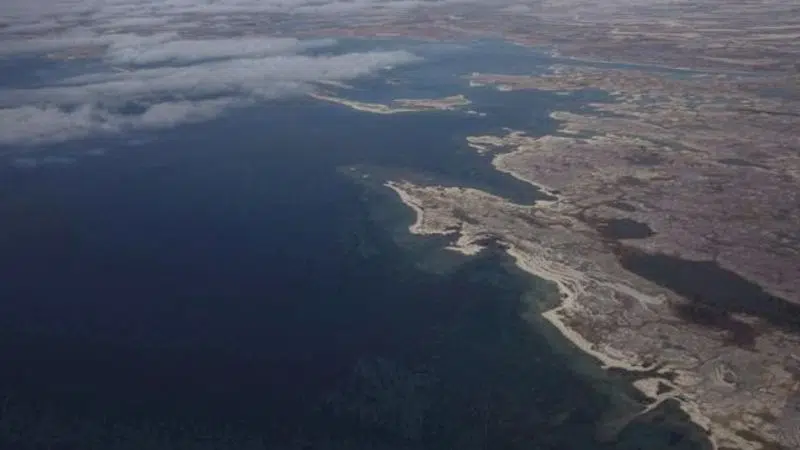
Archeological teams to excavate, map wrecks of Franklin expedition
OTTAWA — Canadian archeologists are on their way to a remote area in the Arctic Circle for another chance to dig up the secrets held by the Franklin expedition wrecks, Parks Canada announced Friday.
The task of exploring and excavating the two shipwrecks is the “largest, most complex underwater archeological undertaking in Canadian history,” Parks Canada said in a release.
Archeological teams will travel to the wreck of HMS Terror and use an underwater drone and other tools to create 3D structural maps of the ship.
Work on the expedition’s other ship, HMS Erebus, will involve searching the officer cabins and lower deck for artifacts.
